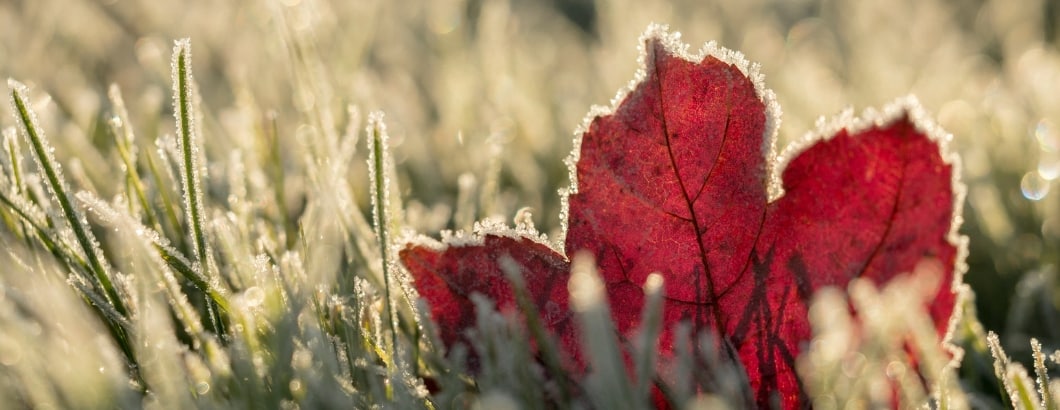
How to Protect Your Landscape Through the Winter
Your lawn and landscaping can suffer during the winter. Freezing temperatures and frost can cause damage to your lawn and plants which can take months to recover. Luckily there are preventative steps you can take to ensure that your landscaping stays healthy throughout the winter so they thrive come spring.
Fertilize Your Landscape
Fertilize your lawn and gardens to make sure that they remain fed, especially since they may not get as much sunlight on gray winter days.
Before you choose a fertilizer, be sure to do a soil test to better understand what nutrients your plants need. If you’re worried about using chemical fertilizers, composting or buying composted topsoil can be a great way to produce a natural fertilizer that will keep your lawn healthy without adding any unnatural chemicals.
Keep Your Lawn Clean
Rake away leaves and other debris that falls on your lawn. While it may be helpful around your plants and trees, piled leaves can trap moisture against your grass which can lead to dead spots on your lawn from lack of sunlight.
It is also important to water your plants and lawn, even as the temperatures drop. The winter season can tend to be drier and your plants will need extra moisture, especially if you haven’t had snow or rain recently.
Additionally, make sure that your lawn is aerated and that you keep your grass neat and trimmed with your mower. You’ll introduce more air to your grass, and keep potential disease away by maintaining your lawn and keeping it clean.
Use Mulch to Keep Your Plants Insulated
Mulch is a great way to protect the root systems of your landscaping from the cold. Mulch is a natural insulator that keeps warm air at the base of your plants and protects them from harsher winter temperatures. In order to maximize the effectiveness of mulch in your winter gardens, take the following steps:
- Pull weeds around your plants.
- Fertilize trees, plants, and garden beds.
- Pick a mulch that is durable and dense, but still allows for water and air to reach the root systems of your plants.
- Spread the mulch, ensuring that it isn’t too deep in any one spot. We recommend a depth of three inches.
- Keep mulch a couple of inches away from the base of your trees as this can cause damage to the trunk.
Trust the Pros at Gaston Mulch and Soil
Just because the weather starts to turn cold, doesn’t mean that your landscaping has to completely die. With a little bit of care and attention, you can protect your plants and grass and keep them healthy through the winter.
Ready to get started? We offer top-quality mulch and soil in bulk quantities available through our website.
Have a question? Our competent team would love to help!
